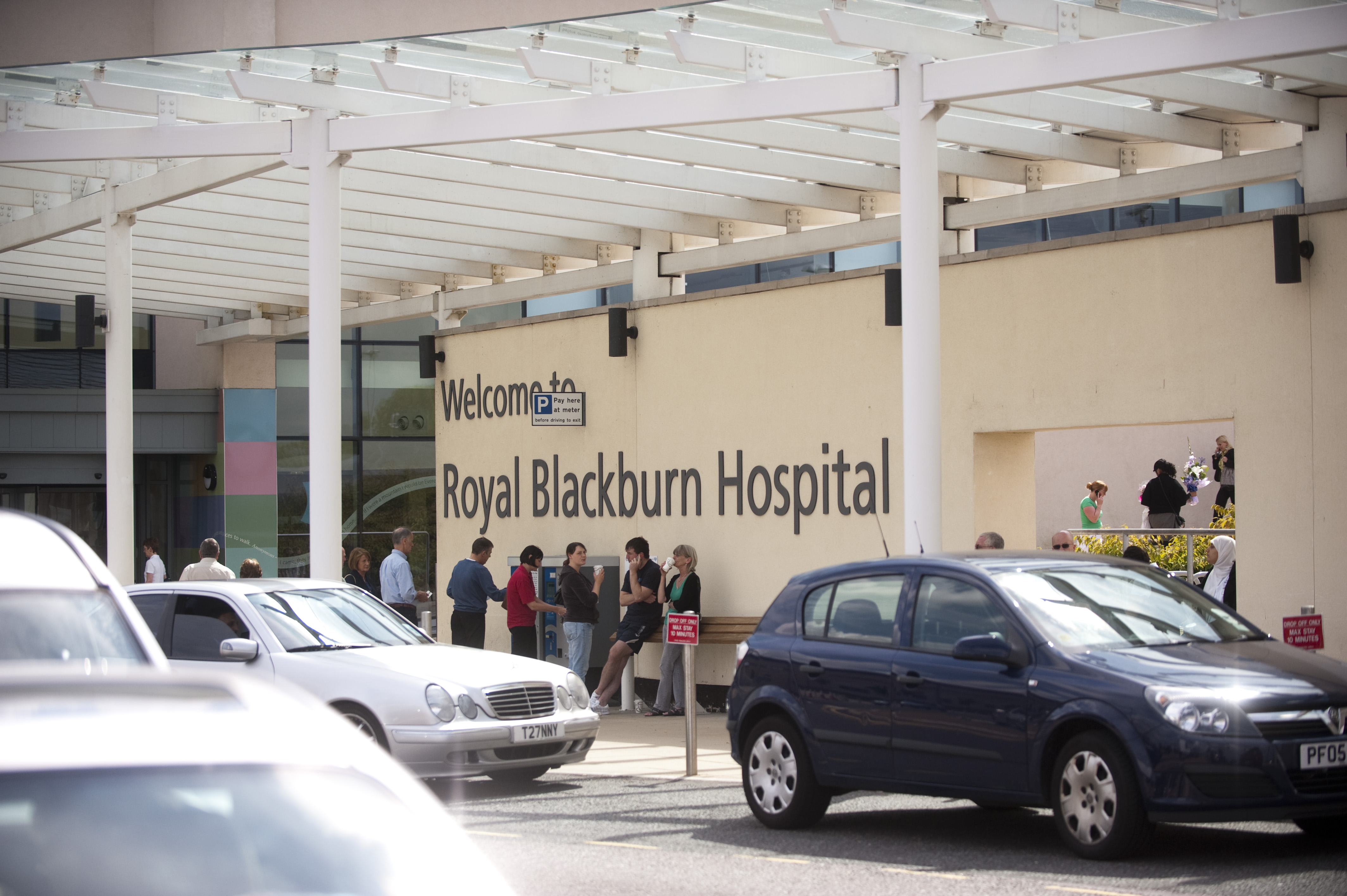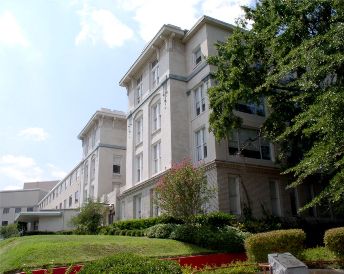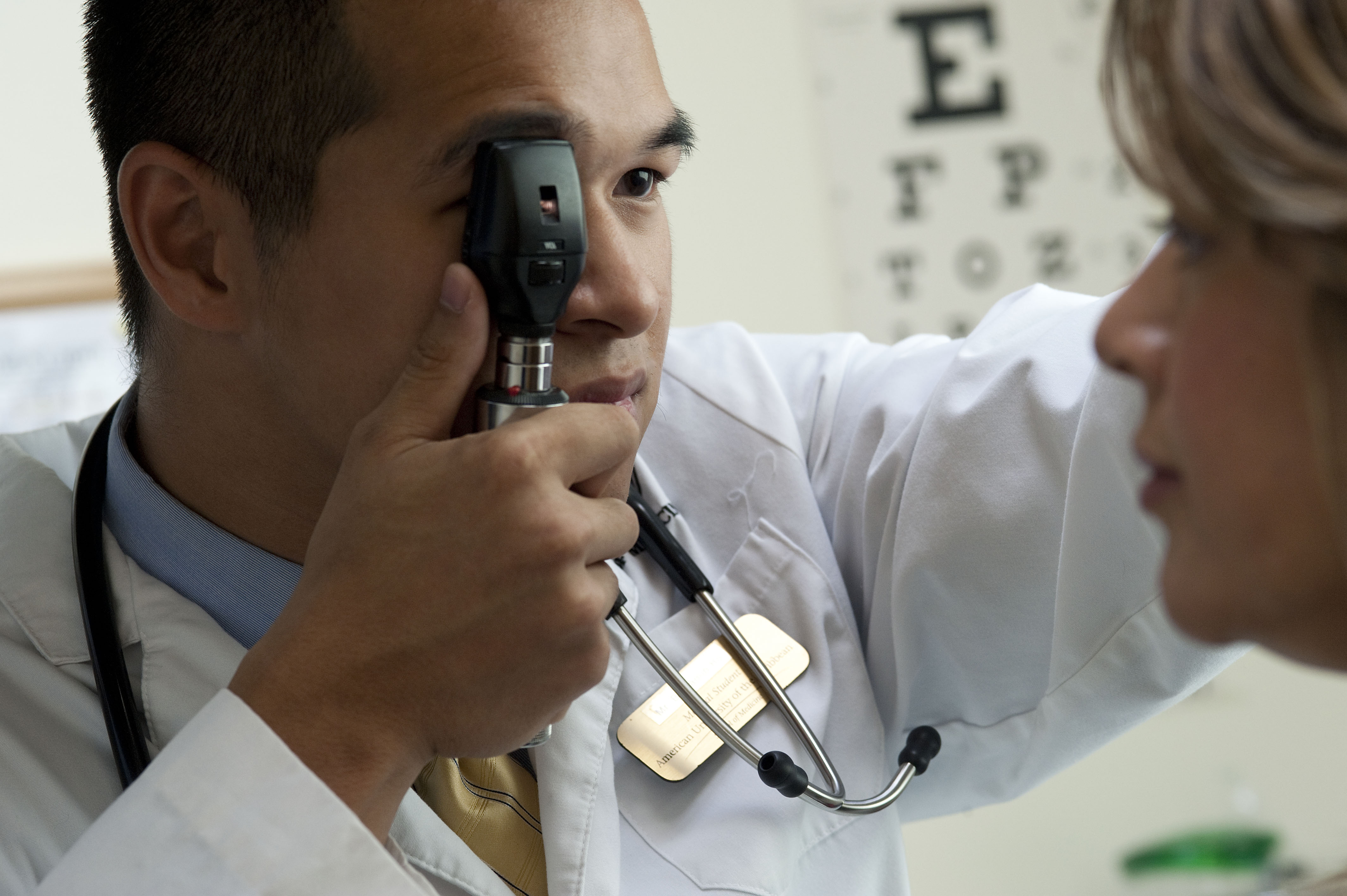My First Clinical Patient
 On the first day of anatomy lab in the beginning of med school, Dr. Nash introduced us to our first patient, our cadaver who we worked on as a group throughout the semester. Today, two years and a step exam later, I had my first patient ever in my clinical rotations. Our first patient today had a really rough history, with many traumatic events that happened in her life, stories that in the past I could only imagine reading about or see in movies. But this time, this patient is real, and the issues she faces now are real, and right in front of me. It wasn’t easy to keep my emotions in as a fellow human being, but as a student doctor, I knew I had to, like everyone else in the medical team. As the patient was treated at home, the doctor, nurse, and I drove 25 miles through the English countryside, passing by age-old cobblestone hamlets, to a cute little home in a rural village in the middle of green fields and rolling hills. Even in beautiful places like this there are those who are facing crisis. We met and talked with the patient and probed into some of the issues she was facing and her current thoughts and progress. It was my first introduction to the practice of psychiatry, as well as my first glimpse into the British health care system.
On the first day of anatomy lab in the beginning of med school, Dr. Nash introduced us to our first patient, our cadaver who we worked on as a group throughout the semester. Today, two years and a step exam later, I had my first patient ever in my clinical rotations. Our first patient today had a really rough history, with many traumatic events that happened in her life, stories that in the past I could only imagine reading about or see in movies. But this time, this patient is real, and the issues she faces now are real, and right in front of me. It wasn’t easy to keep my emotions in as a fellow human being, but as a student doctor, I knew I had to, like everyone else in the medical team. As the patient was treated at home, the doctor, nurse, and I drove 25 miles through the English countryside, passing by age-old cobblestone hamlets, to a cute little home in a rural village in the middle of green fields and rolling hills. Even in beautiful places like this there are those who are facing crisis. We met and talked with the patient and probed into some of the issues she was facing and her current thoughts and progress. It was my first introduction to the practice of psychiatry, as well as my first glimpse into the British health care system.
The mental health service in Blackburn is part of the Lancashire Care NHS Foundation Trust (LCFT), rather than East Lancashire NHS Trust, as is with the other medical specialties in Blackburn. The LCFT is divided into East Lancs (covering Blackburn, Burnley, Darwen, Chorley, etc.), North Lancs (covering Blackpool, Lancaster), and Central Lancs (covering Preston) divisions. East Lancs is divided into Blackburn/Darwen and Burnley divisions. A psychiatric patient who is hospitalized may be sent to any hospital within the trust. Everything is paid for by the government, include hospitalization, house visits, drugs, counseling, etc. Patients are also given some money for daily living.
A patient first sees his/her General Practitioner (GP, equivalent to the “Primary Care Provider” in the US). The GP will then refer the patient to seek help. If the patient is hospitalized, then after their hospitalization, they are dispatched and receive chronic outpatient care by the Complex Care Treatment Team (CCTT). If the patient shows signs of relapse, they are referred to the Crisis Response and Home Treatment Team (CRHTT) for evaluation to see whether or not they need to be hospitalized. The CRHTT are the gatekeepers, and they try to select those patients who need most help to be hospitalized, as there are limited beds, and they try their best to get patients to be treated at home instead, so that there are enough beds at the hospital, and most patients recover better at home anyway. The CRHTT has meetings everyday to review patients to see if they should be hospitalized ASAP or continue being monitored at home. They make house calls regularly and give help to the patients at home. I am currently rotating with the CRHTT, hence the house visit we made today.
During my rotation, I will be rotating 1 week with the CRHTT, 2 weeks with the CCTT, 2 weeks in the regular inpatient psychiatric ward, and 1 week in the inpatient Psychiatric Intensive Care Unit (PICU), which is for patients with extreme or difficult cases. I think this is a good schedule as I will get to see all aspects of the Psychiatry system in the UK, as well as get exposures to all types of patients, from those who are doing well to those who are far from improvement (in the PICU). I really like the preceptor I’m assigned to so far, Dr. Adelekan. He had come to the AUC Clinical Symposium on the island last May to represent Royal Blackburn Hospital and to meet with students, so he was very familiar with AUC and the students. As I am the only student there, he has been teaching me one-on-one, and is more than happy to have me learn. Dr. Adelekan has had more than 30 years of experience in the practice of Psychiatry and he explains things thoroughly and methodically, reminding me a lot of Dr. Nwosu from the island. Just on the first day alone, I feel like I’m getting a lot of personalized attention. From what I hear from my classmates doing rotations in other places, one-on-one time with the attending is something you won’t often find, and so I feel very fortunate to be getting a lot of it.
For each patient I see, I’ll have to do a write up, including patient history, working diagnosis, differential, and treatment, and we’ll discuss it together, kind of like what we were taught to do in ICM on the island. Dr. Adelekan also gives me things to read and study. I will also be attending Problem-based Learning (PBL) sessions every Thursday afternoons with the rest of my AUC colleagues each week to share and present cases that we saw as well as discuss cases and differentials. The hospital has also set up two Sim Man sessions just for AUC students. Each Wednesday afternoons, I will also go to LCFT Teaching lectures, which are attended by junior doctors in Psychiatry to learn certain skills as well as to present special cases in journal club. The lectures are located at Royal Blackburn Hospital’s sister hospital in Burnley, the next town over, so I’ll have to take the free hospital shuttle there.
While I still feel like the awkward newbie, with the funny American accent at the clinic, I’m liking the exposure I’m getting with real patients so far. While we can learn a lot about medicine through textbooks, the patients are our true teachers.














Glad you’re having fun! I hope you enjoy psychiatry as much as I do. 🙂 Interesting to here the setup they have in the UK. We have one resident in my class from the UK and I always enjoy hearing things from his perspective….